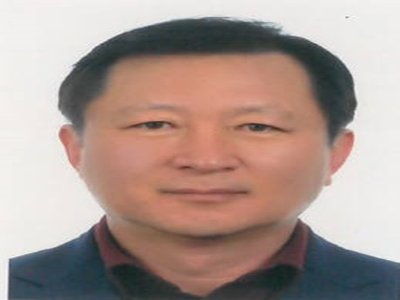A small and medium South Korean company called IKSUNG has developed cathodic material, which is a major material for secondary battery, and has become the second South Korean company followed by POSCO CHEMTECH to develop its own cathodic material.
Cathodic material is a material that absorbs lithium ion that comes from an anode during charging of a secondary battery from a cathode. Although number of demands for cathodic material is increasing rapidly recently, rate of localization is extremely low at 3% due to high technical barrier.
According to industries on the 30th, IKSUNG applied nano material technologies since 4 years ago and succeeded in developing new cathodic material. IT joined hands with IFM that will be in charge of global operation, marketing, and manufacturing and finished developing technology that will mass-produce its cathodic material.
Shin-Etsu, which is a Japanese company that is number 1 in market shares in global cathodic material markets, produces cathodic material at high temperature through heat processing. Unit cost its cathodic material is expensive due to manufacturing processes and raw materials. Due to high manufacturing cost, markets usually add only 3 to 4% of this cathodic material as part of raw material of batteries. Despite its expensive cost, Shin-Etsu is making lot of profit due to massive number of orders.
IKSUNG developed a technology that can mass-produce cathodic material at half of price of current cathodic material. Unlike Shin-Etsu, IKSUNG can mass-produce cathodic material at room temperature and does not require huge mass-production equipment.

“Our output is vastly higher than other cathodic material manufacturers and we can supply it at a cheaper price as we are able to mass-produce it at room temperature.” said a representative for IKSUNG. “Quality of our product is also way better as we manufacture it at room temperature.” Besides IKSUNG, POSCO CHEMTECH is the only other South Korean company that can mass-produce its own cathodic material. It is expected that rate of localization will go up as there are now 2 South Korean companies that have their own mass-production system.
IKSUNG also signed off on a basic contract with Frankfort Fraunhofer Laboratory regarding co-R&D of cathodic material. Fraunhofer Laboratory is a company that invests about $2.35 billion annually into research and is a laboratory that has 66 affiliated research organizations and the best reputation in this field. IKSUNG also signed off on supply contracts with European automotive manufacturers and battery manufacturers.
IKSUNG is a company that originally supplied its products to 5 South Korean automotive manufactures including Hyundai Motor Company and Kia Motors, major global automotive manufactures, and construction material manufacturers as sound insulation absorbent. Its South Korean market share in this field is 70%. Besides sound insulation absorbent, it is also targeting battery markets in order to expand its business.
“This will be an opportunity for South Korean businesses to newly reorganize cathodic markets that had been controlled by monopolistic companies.” said a representative for IKSUNG. “We are going to create meaningful results in secondary battery markets where number of demands are continuing to grow.”
Staff Reporter Park, Sora | srpark@etnews.com